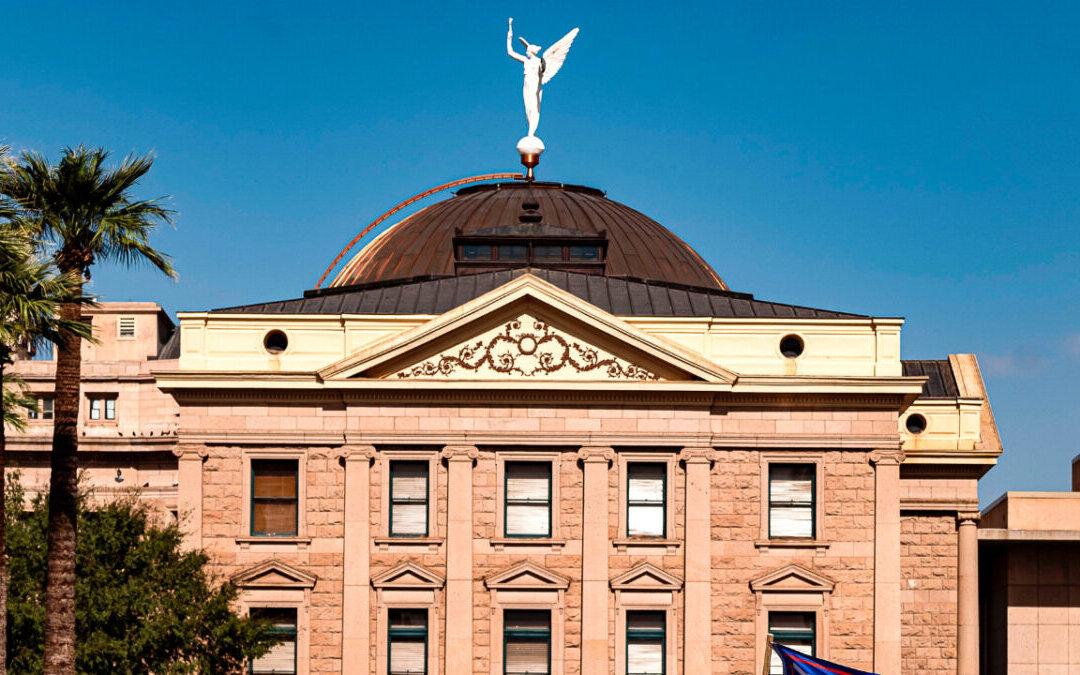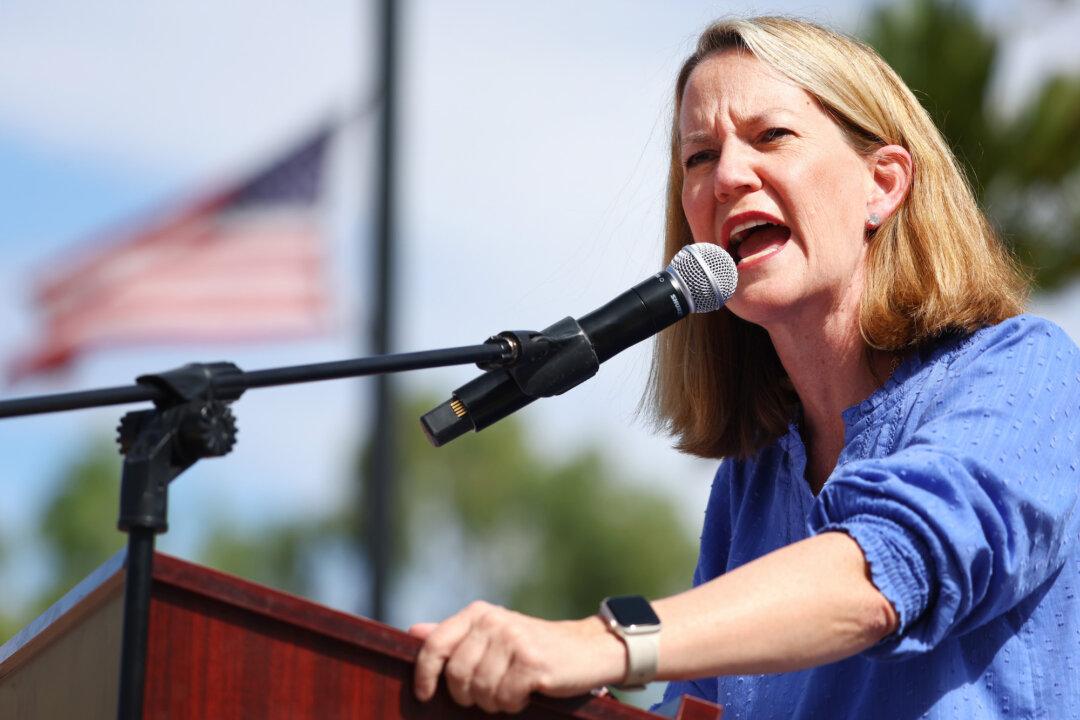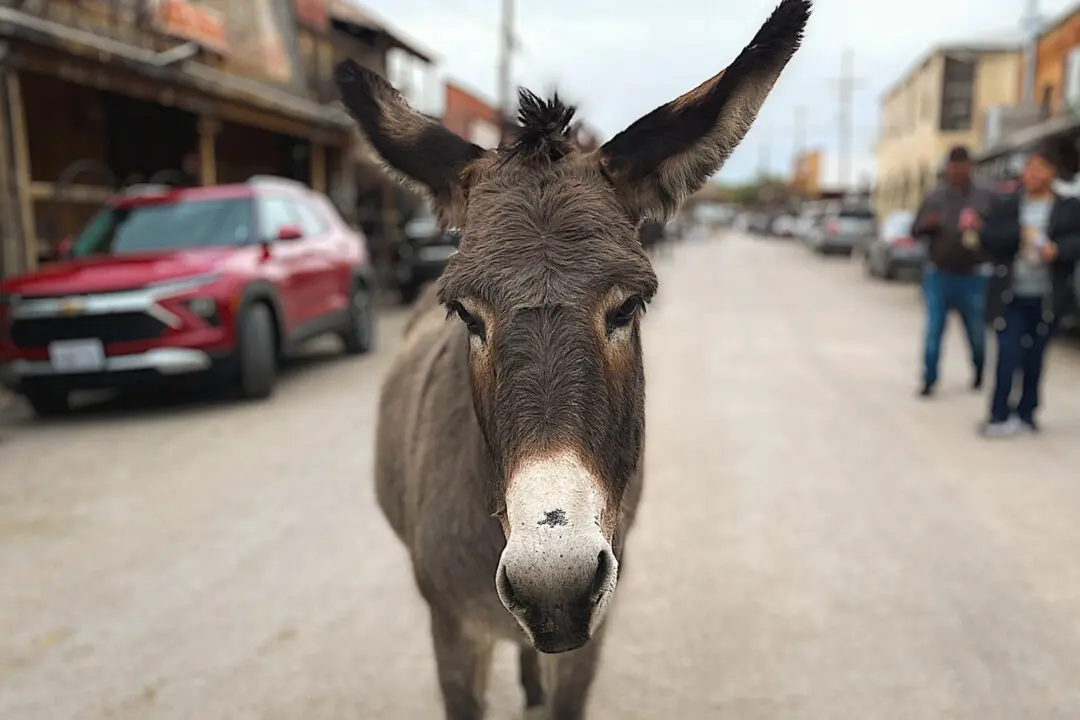Arizona Senate Republicans plan to craft legislation prohibiting children from attending drag shows because of their sexual nature.
“If men want to dress as women, and if adults want to participate in watching these hyper-sexualized performances, they have the freedom to do so,” according to a June 14 joint statement by the Arizona State Senate majority team.





